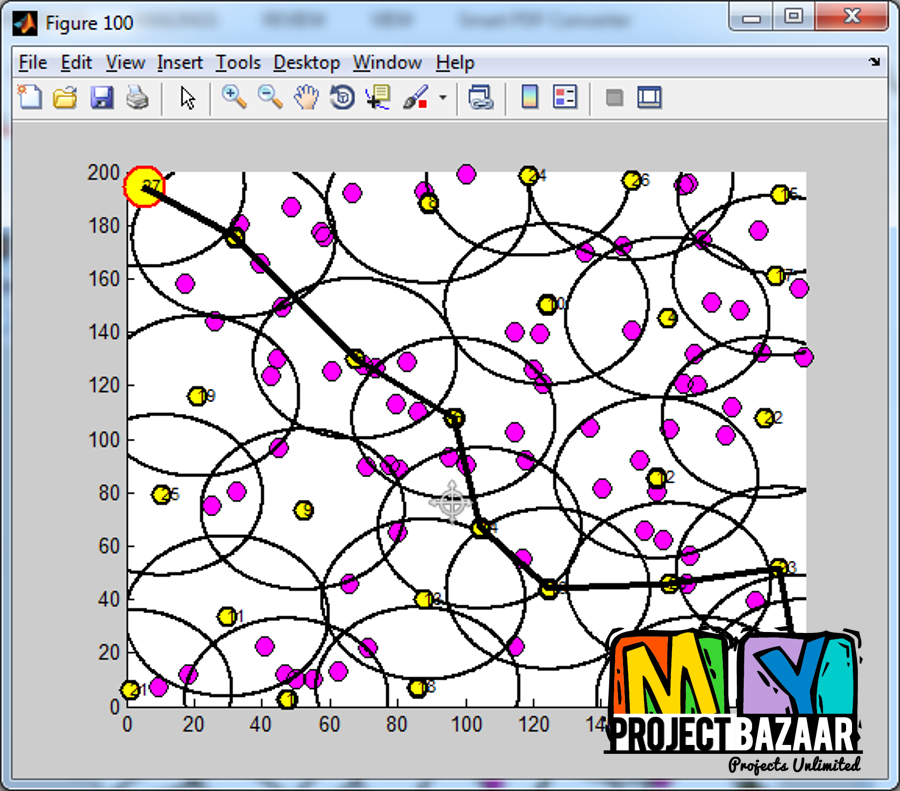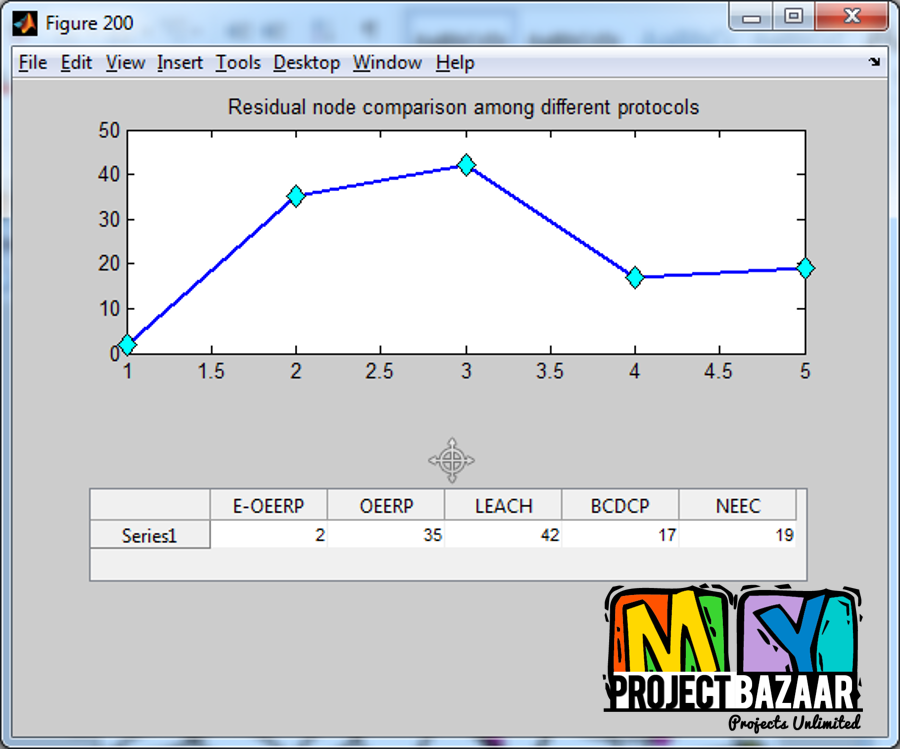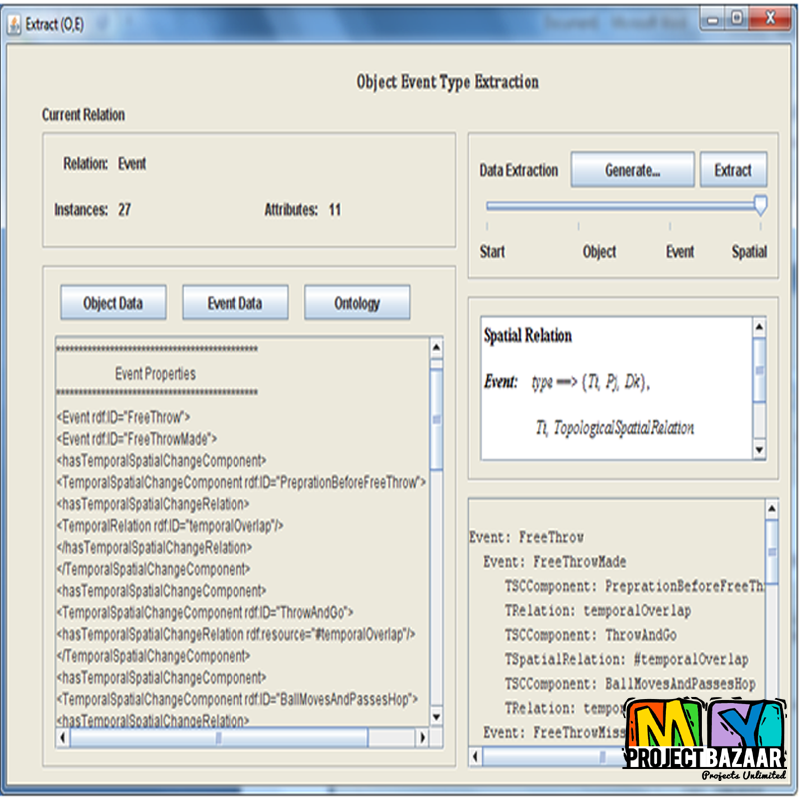
Particle Swarm Optimization-Based Clustering by Preventing Residual Nodes in Wireless Sensor Networks
Product Description
Particle Swarm Optimization-Based Clustering by Preventing Residual Nodes in Wireless Sensor Networks
Abstract— Particle swarm optimization (PSO)-based effective clustering in wireless sensor networks is proposed. In the existing optimized energy efficient routing protocol (OEERP), during cluster formation some of the nodes are left out without being a member of any of the cluster which results in residual node formation. Such residual or individual nodes forward the sensed data either directly to the base station or by finding the next best hop by sending many control messages hence reduces the network lifetime. The proposed enhanced-OEERP (E-OEERP) reduces/eliminates such individual node formation and improves the overall network lifetime when compared with the existing protocols. It can be achieved by applying the concepts of PSO and the gravitational search algorithm < Final Year Projects 2016 > for cluster formation and routing, respectively. For each cluster head (CH), a supportive node called cluster assistant node is elected to reduce the overhead of the CH. With the help of PSO, clustering is performed.
All the nodes become a member of any of the cluster. This eliminates the individual node formation which results in comparatively better network lifetime. With the concept of GSA, the term force between the CHs is considered for finding the next best hop during route construction phase. The performance of the proposed work in terms of energy consumption, throughput, packet delivery ratio, and network lifetime are evaluated and compared with the existing OEERP, low energy adaptive clustering hierarchy, data routing for in-network aggregation, base-station controlled dynamic clustering protocols. This paper is simulated using NS-2 simulator. The results prove that, the proposed E-OEERP shows better performance in terms of lifetime. During cluster formation, it is not sure that all the nodes are becoming a member of any of the cluster. There may be some left-out nodes also in the sensing region after cluster formation which is generally called as individual nodes.
Including Packages
Our Specialization
Support Service
Statistical Report

satisfied customers
3,589
Freelance projects
983
sales on Site
11,021
developers
175+Would you like to submit yours?


















There are no reviews yet